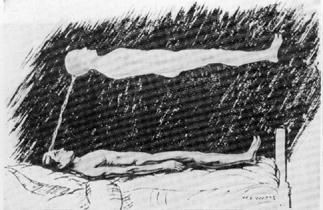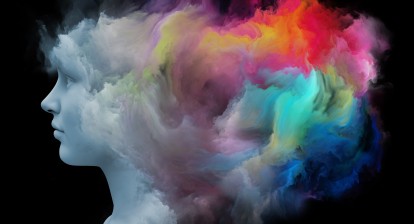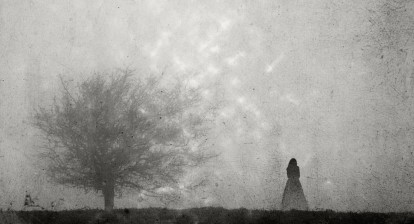Prior research has found that people who have had out-of-body experiences (OBErs) report higher levels of body dissatisfaction than people who have never had an OBE (non-OBErs). Previous studies of the general public have shown that people with higher levels of body dissatisfaction also tend to score higher on measures of social anxiety. However, this does not appear to be the case for OBErs. A study completed by researchers at the University of Manchester (UK) and published in the European Journal of Parapsychology was designed to investigate this apparent discrepancy.
A total of 59 participants (19 OBErs and 40 non-OBErs) completed questionnaires about their self-concept and psychological investment in their bodies. The researchers hypothesized that OBErs maintain a positive self-concept (meaning that they do not experience higher levels of social anxiety) even though they score higher than non-OBErs on a measure of body dissatisfaction. It was also hypothesized that the higher levels of body dissatisfaction, but absence of social anxiety observed in OBErs might be explained in part by a lower degree of body investment than non-OBErs.
As predicted, OBErs were found to have a more positive self-concept than non-OBErs, but did not differ in regards to body investment. Based upon these findings, the researchers argue that the dissatisfaction expressed by the non-OBErs toward their bodies may reflect aesthetic concerns, while OBErs’ responses are more expressive of frustration with the physical constraints of the body.
Murray C.D., Wilde, D. & Fox, J. (2006). Self-concept and body investment in out-of-body experients. European Journal of Parapsychology, 21 (1), 27-37.







